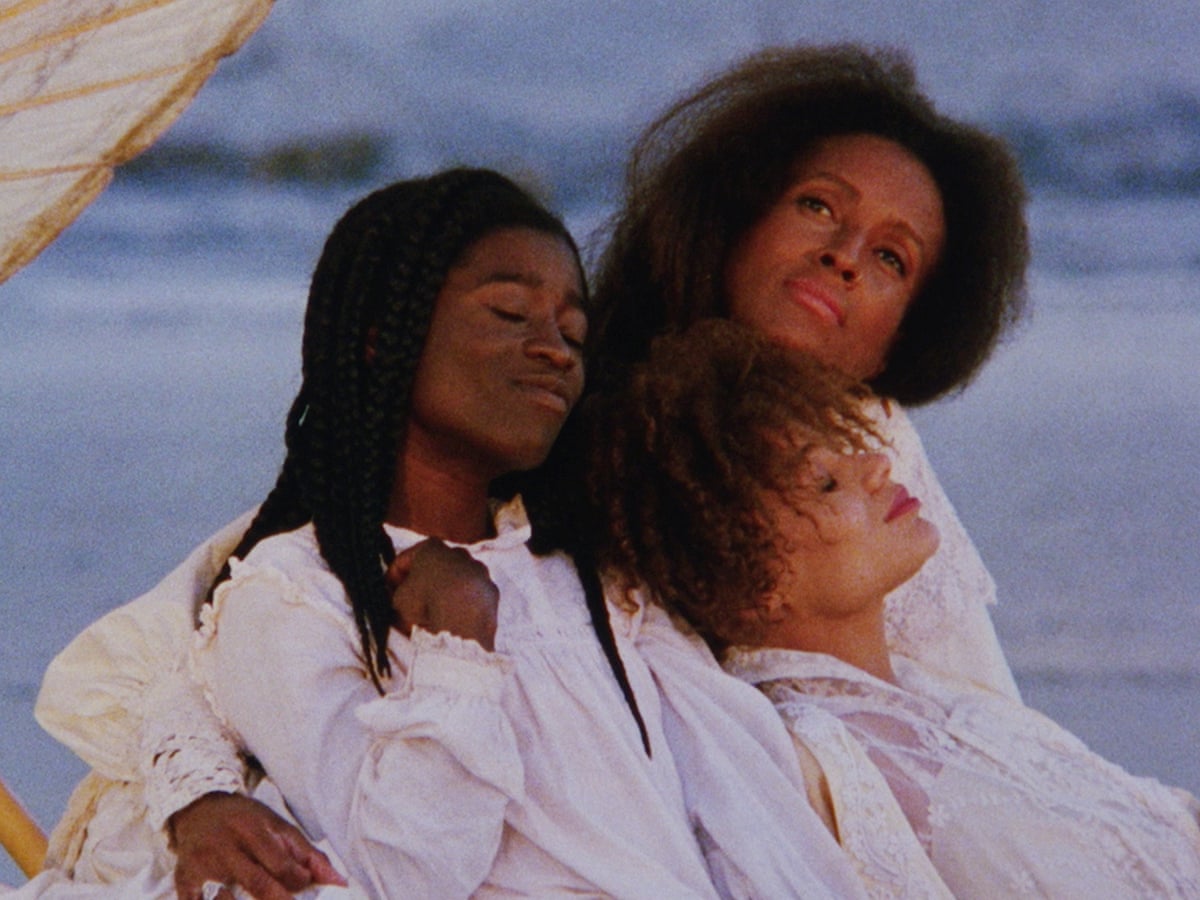BFI PLAYER FILM REVIEWS: THE BEASTS (2022) and THE QUIET GIRL (2022)
I watched DUNE: Part II (2024) at the cinema but was not drawn to write a review of that masterly sci-fi-behemoth and technical marvel, such was the life-draining and utterly emotionless lack of reaction on my behalf. Instead, for my latest reviews I have chosen lower budget films, in comparison, which offer compelling characters and drama which made me feel and think something.
THE BEASTS (2022)
Directed by: Rodrigo Sorogoyen
Written by: Isabel Peña and Rodrigo Sorogoyen
Main Cast: Denis Ménochet, Marina Foïs, Luis Zahera, Diego Anido,
Marie Colomb etc.
Multiple Goya award-winning drama The Beasts (2022) is an intelligent and muscular drama that reminded me of the equally compelling Jean de Florette (1987) and Only the Animals (2019). The latter also starred the sizable talent that is Denis Ménochet. Here he inhabits the character of former teacher, Antoine Denis, who along with his wife, Olga (Marina Foïs) have taken to renovating properties and farming eco-vegetables in the area of Galicia, Spain.
Honest and hardworking the Denis’ are unfortunately considered outsiders and a threat to the locals, notably the brutish Anta brothers, led by the menacing Xan (Luis Zahera). The conflict is exacerbated as Xan blames them for losing his family money when the Denis’ blocked the sale of land to a wind energy company. Luis Zahera provides a formidable performance as the intimidating bully who begins by poisoning their water before moving onto even more vile and threatening acts.
The theme of city academics versus rural folk is explored with intensity, at times evoking Sam Peckinpah’s more exploitational film, Straw Dogs (1971). But rather than containing an explosive and violent ending, The Beasts (2022) delivers a more slow-burn, riveting and moving denouement. Superbly directed, filmed, and acted throughout, this is a fine work of cinema, only let down for me, by a final act which could not deliver on the highline suspense and tension established in the first two.
Mark: 8.5 out of 11
THE QUIET GIRL / An Cailín Ciúin (2022)
Directed by Colm Bairéad
Screenplay by Colm Bairéad – Based on Foster
by Claire Keegan
Produced by Cleona Ní Chrualaoí
Main cast: Carrie Crowley, Andrew Bennett, Catherine Clinch, Michael Patric, Kate Nic Chonaonaigh etc.
Not only is this 1980’s set Gaelic drama about a quiet girl, it is very much a quiet film that is quietly devastating in mood and emotion. Centred around nine-year old, Cait (Catherine Clinch), she is a neglected outsider, and one of many siblings to a pregnant-again mother and horrible father. Worried about being able to cope, her mum “fosters” Cait to distant cousins, Eibhlín (Carrie Crowley) and Sean Kinsella while she is in the latter stages of pregnancy. Thus begins a meditative forming of a heartfelt relationship between the girl and the Kinsellas.
Initially the film’s narrative unfolds very slowly, being light on pace and exposition, but deft in mood and feeling. There is a certain poetry in the lighting and framing against the beautiful countryside landscapes. The Kinsellas and Cait, while reserved on the outside, are hiding strong emotions and even more powerful secrets. Colm Bairéad’s confident screenplay slowly reveals certain enigmas, but still plays his story cards close to his chest. Yet, the warmth of the leading characters and the interpretive dramatic subtext expertly pulls you into their lives, rather than distance you from them.
The Quiet Girl (2022) broke box office records for the opening weekend of an Irish-language film and became the highest-grossing Irish-language film of all time. Further, it received 11 nominations at the 18th Irish Film & Television Awards (IFTAs) in March 2022, and won in seven categories. It’s no surprise given the quality of the writing, photography, acting and direction that the film has achieved such accolades. Indeed, Catherine Clinch as Cait is a phenomenon. By the end I defy anyone not to be moved by the heart wrenching final scenes, as the film ultimately proves less is most certainly more.

















